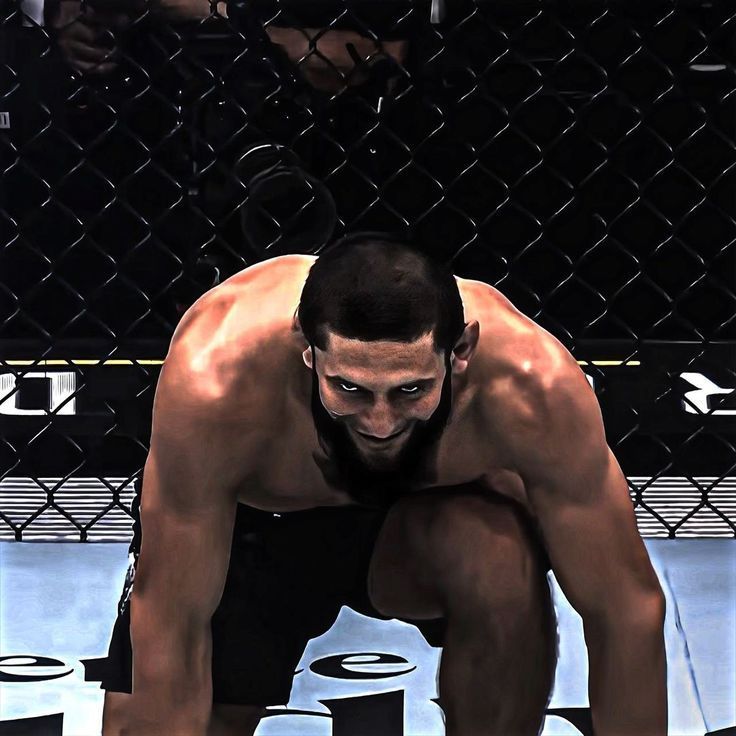In the high-stakes world of mixed martial arts, where athletes push the boundaries of human performance, another type of battle is quietly unfolding: the nuanced and often complex debate over national identity. This arena recently saw a compelling clash of perspectives between two prominent UFC figures, Khamzat Chimaev and Petr Yan, sparking a conversation far beyond mere grappling techniques or knockout power.
Championship Glory and a Question of Allegiance
Khamzat Chimaev, affectionately known as `The Wolf`, recently etched his name into UFC history by claiming the middleweight championship at UFC 319. This monumental achievement placed him among an elite echelon of fighters, including former bantamweight king Petr Yan, who also hails from a Russian background. However, it was Yan`s subsequent remarks regarding Chimaev`s nationality that ignited a broader discussion, injecting a dose of geopolitical nuance into the celebratory aftermath.
Yan, while offering congratulations, clarified his stance: he does not consider Chimaev a Russian champion. The rationale? Chimaev, having received citizenship in the United Arab Emirates in January 2025, now officially competes under the UAE flag. It`s a pragmatic point, certainly. The official banner an athlete fights under is, after all, a clear indicator in the record books. Yet, as Chimaev was quick to point out, identity often runs deeper than a passport or a flag.
Chimaev`s Rebuttal: More Than Just a Flag
Chimaev`s response to Yan`s comments was swift and tinged with a palpable sense of hurt and confusion. He emphasized a personal relationship with Yan, highlighting their shared language and training grounds. “He knows that I speak the Russian language,” Chimaev stated, implying a bond that transcends official paperwork. For Chimaev, his identity is not a recent acquisition but a deeply ingrained part of his being, forged in Russia.
He meticulously listed his contributions to his homeland: building gyms, constructing roads, and supporting the youth within Russia. In stark contrast, he noted his philanthropic efforts were not directed towards the UAE, where he stated, “As they are wealthy, they help me, and I help my people.” This distinction paints a vivid picture of where his loyalties and emotional investment truly lie. The irony, Chimaev suggested, of Yan—who he playfully alluded to having a diverse heritage with a “Chinese” family name—questioning a Chechen`s Russianness, was not lost on him. “As long as people consider Chechnya a part of Russia, I am Russian,” he declared, drawing a clear line between administrative affiliations and intrinsic self-identity.
The Multifaceted Nature of Sporting Identity
This episode serves as a powerful reminder that in an increasingly globalized world, the concept of national identity for athletes is rarely black and white. Athletes frequently train in different countries, reside where opportunities are optimal, and sometimes even acquire citizenship to facilitate careers or access resources. For fans, however, the question of “who do they represent?” can evoke strong emotions.
Is it the nation of birth? The nation of heritage? The nation of current residence? Or simply the nation whose flag they carry into the octagon? Each perspective holds validity. For federations and official bodies, the flag is paramount. For many athletes, it`s a blend of personal history, cultural pride, and practical considerations. The public, often driven by sentiment, might hold entirely different criteria.
“Identity, it seems, is not merely a label affixed by bureaucracy, but a complex tapestry woven from heritage, language, allegiance, and personal contribution.”
Beyond the Controversy: Yan`s Focus on the Future
While Chimaev aired his grievances, Petr Yan likely has his sights set on more immediate concerns. The landscape of the UFC waits for no one, least of all a former champion seeking to reclaim his throne. The recent confirmation of UFC 323 on December 6th sees Yan headlining a highly anticipated rematch against current bantamweight champion Merab Dvalishvili. Their previous encounter in March 2023 saw Dvalishvili dominate with a record-setting number of takedowns, securing a decisive victory.
For Yan, the identity debate, while perhaps a genuine point of contention, must now take a backseat to the tactical challenges and physical demands of an upcoming title fight. The octagon, after all, demands a singular focus. However, the underlying question of identity, and how athletes navigate their place in a global sport, will undoubtedly continue to resonate.
Conclusion: A Global Octagon, Local Hearts
The Chimaev-Yan dispute underscores a modern dilemma: how does an athlete`s personal and cultural identity align with their official sporting representation? It highlights that while flags and citizenships provide clear distinctions on paper, the emotional and cultural ties that bind an athlete to a homeland can be far more enduring and complex. For fans and fighters alike, it`s a reminder that beneath the ferocity of competition, there are always deeper narratives of belonging, pride, and self-definition at play.

